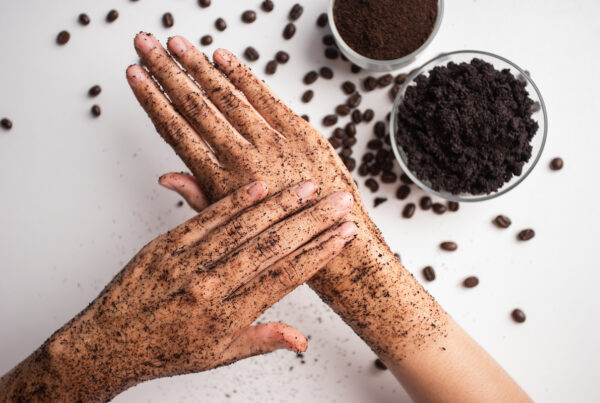Welcome to Week 4!
Our Doctor this week is one of the most important ones: Air.
It’s a mixture of approximately 78 % Nitrogen, 21 % Oxygen and small amounts of many other gasses such as Carbon Dioxide, Neon, and Hydrogen.
Air is all around us despite we can’t see it, it is important for living things. During respiration, humans, animals and plants take in oxygen from the air and exhale Carbon Dioxide. This process gives us the energy to eat, grow, and live life!
Why do we need breathing?
Every part of our body needs oxygen to survive. … The delivery of oxygen to our muscles also speeds up, so they can do their job efficiently. The increase in our breathing makes sure there’s no build-up of carbon dioxide in our bloodstream.
Breathing can be done both consciously and unconsciously as well as voluntary and involuntary, thus, often we don’t think about breathing and its importance because we are busy navigating the demands of our professional and personal lives.
So what is conscious breathing?

According to Dr. Andrew Weil, an American doctor who advocates for alternative medicine,“Breathing is the bridge between mind and body, the connection between consciousness and unconsciousness, the movement of spirit in matter. Breath is the key to health and wellness, a function we can learn to regulate and develop in order to improve our physical, mental and spiritual well-being”. By tuning into ourselves, and our natural patterns of inhalations and exhalations, we can make vital improvements to our internal and external beings.
Positive Side Effects of Conscious Breathing
- Learning how to consciously breathe can bring significant changes for those who may be suffering from physical ailments such as high blood pressure, migraines, or chronic pain.
- Oxygenating our body effectively can help our internal organs begin to function more efficiently which can have a direct impact on the way our internal systems operate.
- Breathing can have an incredible impact on mental health even if you have not been diagnosed with a specific mental issue. Most of us are moving through life with the daily stressors of family, work, finances, grief, etc and giving some time and attention to our breath through conscious breathwork will help to oxygenate the brain and nervous system and can help to calm the mind.
- If you struggle with anxiety, stress, depression, or any other type of strain, mindful breath work is sure to assist in making improvements. Just the simple act of deep breathing can help us to think more clearly and understand our worries.
Week 4 Actions:
- Make a plan for breath work for the next 7 days. You can combine it with your brae foot walking or your daily meditation.
- Follow the guided meditation.
Before you start your meditation, come into relaxed sitting positions and start breathing on your nose and exhale on your mouth and just calm your mind. When you feel relaxed, start the music, and listen to the guided meditation.
During the day repeat the following affirmation: “I can feel abundance in the air”
3. Do 5 minutes of breath work for the next 7 days. To practice alternate nostril breathing:
- Sit in a comfortable position with your legs crossed.
- Place your left hand on your left knee.
- Lift your right hand up toward your nose.
- Exhale completely and then use your right thumb to close your right nostril.
- Inhale through your left nostril and then close the left nostril with your fingers.
- Open the right nostril and exhale through this side.
- Inhale through the right nostril and then close this nostril.
- Open the left nostril and exhale through the left side.
- This is one cycle.
- Continue for up to 5 minutes.
- Always complete the practice by finishing with an exhale on the left side.
4. Watch this powerful video, which combines nature, water and breathing itself. It’s very powerful and eye-opening.








